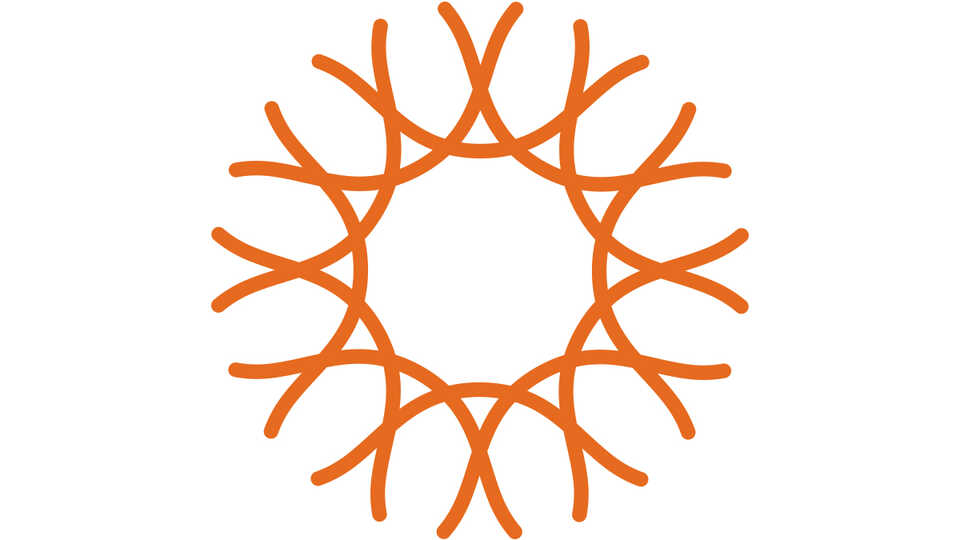The California Academy of Sciences is a renowned scientific and cultural institution based in San Francisco. It is home to an aquarium, planetarium, natural history museum, and research and education programs, which engage people of all ages and backgrounds on two of the most important topics of our time: life and its sustainability. Founded in 1853, the Academy’s mission is to explore, explain, and sustain life. Visit www.calacademy.org for more information.
Travel to a virtual archipelago and take an online hike across mysterious islands to learn about the nature and future of life on our planet

SAN FRANCISCO (January 28, 2014) — Science education is at the core of the California Academy of Sciences’ mission—and now it’s also at the fingertips of science enthusiasts around the world. The California Academy of Sciences has partnered with leading global learning platform Khan Academy to make an engaging new digital learning course entitled “Biodiversity” available for free to anyone worldwide. Khan Academy is a not-for-profit that provides free online educational materials (e.g., practice exercises, instructional videos, dashboard analytics, teacher tools) and currently reaches over 10 million users each month.
Khan Academy is changing the way people learn—making digital learning intellectually stimulating, readily accessible, and just plain fun,” says Dr. Elizabeth Babcock, Chief Public Engagement Officer and Roberts Dean of Education at the California Academy of Sciences. “We are thrilled to partner with this e-learning innovator to make engaging new videos, quizzes, activities, and lesson plans about biodiversity available to audiences around the world.
Drawing on the deep knowledge and expertise of the California Academy of Sciences’ scientists, educators, and video production team, this new seven-part course explains biodiversity and its importance throughout the world. The first two tutorials are now available online, and five additional tutorials will be launched over the coming year.
“Khan Academy is excited that students around the world will now have access to fantastic new tutorials from the scientists at the California Academy of Sciences,” says Salman Khan, Founder and Executive Director of Khan Academy. “These new videos, quizzes, articles, and activities will allow students to explore what ecosystems are and how they work and we think they’ll be a strong complement to our core Biology tutorials.”
Designed for a wide variety of audiences, including high school students, teachers, families, policy makers, and anyone interested in learning more about the diversity of life, each tutorial in the new Biodiversity course includes video lessons, articles, and quizzes, as well as activities that encourage students to explore the natural world.
“In addition to creating quizzes, activities, articles, and glossaries of scientific terms, we have also compiled selected references that include links to the Common Core State Standards and the Next Generation Science Standards,” says Dr. Meg Burke, Director of Teacher and Youth Education at the California Academy of Sciences. “In doing so, we hope teachers will find this course of interest and use.”
Dr. Rich Mooi, Curator of Invertebrate Zoology at the California Academy of Sciences, is both the voice and artist behind each video in the course. A skilled scientific illustrator whose detailed drawings of sea urchins and other echinoderms grace dozens of scientific papers, Mooi can also sketch anything from a butterfly to a map of Antarctica in two seconds flat. Brought to life through clever animation and commentary, his sketches outline the what, where, when, and why-does-it-matter of biodiversity on our planet.
“We chose biodiversity as the focus of this Khan Academy course because biodiversity is all around us,” says Mooi. “It's crucial to the quality of our lives and the lives of all other living organisms, but we still have a lot to learn about all the players and their roles in this pageantry of life. And it’s increasingly important for people to understand that we are losing biodiversity at a rate never before seen, driven by human actions resulting in habitat loss and extinction.”
Mooi’s animated drawings of an island archipelago serve as the organizational metaphor for creating specific tutorials on the topic of biodiversity. Mooi says this metaphor provides “a geography” for the content and encourages user exploration.
“Each island represents a topic within an overarching Biodiversity Archipelago, the islands serving as a kind of inspirational structure for the course that keeps us on track,” says Mooi. “On each island, users can take intellectual hikes by watching the videos, taking the quizzes, and following their interests to wander further into particular topics.”
The course launches with two islands of the archipelago available for exploration: “Why is biodiversity important?” and “Where do we find biodiversity?” Over the next several months, the California Academy of Sciences will be adding more islands and more hikes, as the course expands to address such topics as how biodiversity is documented, why it is threatened, how it can be protected, where it comes from, and what types of biodiversity exist.
“We hope that people will not only learn things from the course,” says Burke, “but will also be moved to become even more active stewards of the environment and its precious biodiversity.”
Khan Academy is a 501(c)3 non-profit with a mission of providing a free world-class education for anyone, anywhere. Khan Academy provides free online educational materials (e.g., practice exercises, instructional videos, dashboard analytics, teacher tools) that support personalized education for users of all ages in a scalable way. In the last two years, the organization has delivered over 350 million lessons and 1.6 billion exercise problems. Currently it has 10 million users per month and over 4 million exercise problems completed each day. Khan Academy covers subjects from basic Math to college level Biology and Art History. For more information visit www.khanacademy.org.
Press Contacts
If you are a journalist and would like to receive Academy press releases please contact press@calacademy.org.
Digital Assets
Hi-res and low-res image downloads are available for editorial use. Contact us at press@calacademy.org to request access.